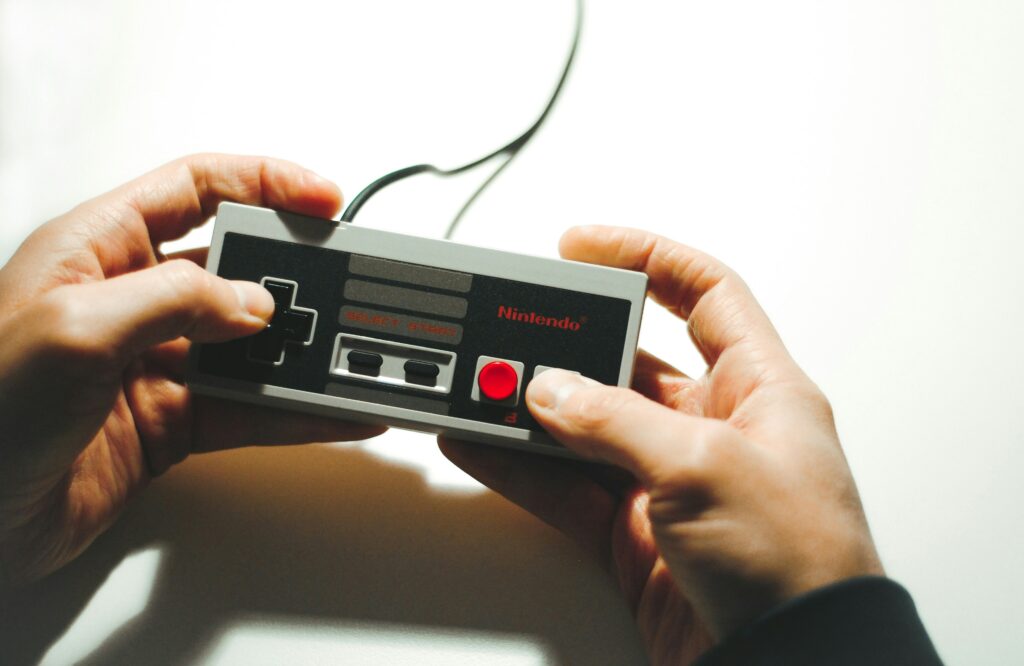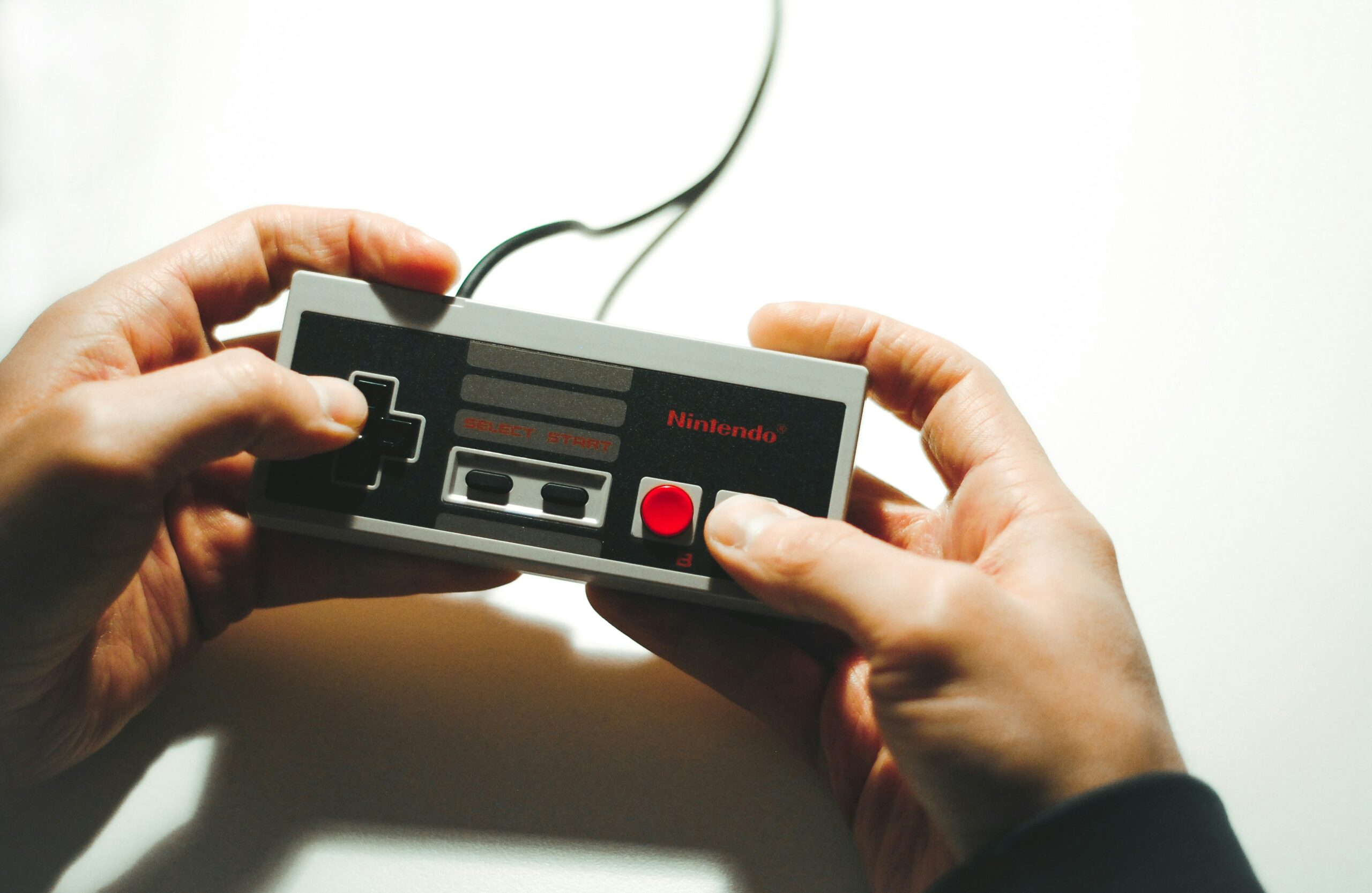For decades video games got a bad rap, blamed for everything from poor attention spans to social isolation. But in the last 15 years, scientists have been telling a different story.
Research now shows that gaming (in the right amounts and with the right types of games) can boost memory, sharpen problem-solving, improve coordination, and even enhance social skills.
Here’s what the science actually says about the surprising ways video games benefit your brain.

🎯 1. Video Games Improve Focus and Attention Control
The myth: Gaming ruins your attention span.
The science: Fast-paced games can actually train your brain to focus better.
A 2022 review in Nature Human Behaviour found that gamers performed better than non-gamers on tests of sustained attention and task-switching. Action games in particular improve visual attention, meaning you can process and react to information more quickly.
🗺 2. They Boost Problem-Solving and Strategic Thinking
Games like The Legend of Zelda, Civilization VI, or Portal 2 require planning, experimentation, and thinking several steps ahead — the same cognitive skills used in real-life problem-solving.
A University of Glasgow study found that playing strategy-heavy games improved communication, resourcefulness, and adaptability in students.
🧩 3. Video Games Can Enhance Memory
Complex games with rich worlds and multiple objectives — like RPGs — can strengthen working memory by forcing you to remember characters, storylines, and objectives.
In fact, a 2021 Frontiers in Human Neuroscience study found that gamers often show better spatial memory than non-gamers.
👀 4. They Improve Hand–Eye Coordination
Fast-paced action games demand split-second timing between visual input and physical response. This skill can translate to real-life activities, from sports to certain medical procedures.
Surgeons who played video games, for example, were found to perform laparoscopic procedures 27% faster with 37% fewer errors in one study from the University of Rochester.
🌍 5. Multiplayer Games Build Social Skills
Online games like Overwatch, Fortnite, or Final Fantasy XIV require team coordination, communication, and conflict resolution.
While “toxic lobbies” exist, many players form lasting friendships and learn to collaborate with people from different backgrounds.
A 2020 Oxford Internet Institute study even found that players who gamed with friends reported higher life satisfaction.
😌 6. They Can Reduce Stress and Improve Mood
Immersive games can act like a mental reset button. Casual games like Stardew Valley or Animal Crossing are linked to lower stress and improved mood, especially after challenging workdays.
The key? Moderation. Excessive gaming can have the opposite effect.
🧪 7. Some Games Are Being Used in Therapy
In 2020, the FDA approved EndeavorRx, a prescription video game to treat ADHD in children. Other games are being tested for:
- PTSD treatment
- Stroke rehabilitation
- Cognitive training for seniors
⚠️ A Note on Balance
While science highlights these benefits, excessive gaming can still harm sleep, relationships, and mental health. The sweet spot for most adults? Around 5–15 hours per week of intentional, enjoyable play.
🎮 Final Thoughts
The evidence is clear: gaming isn’t just entertainment, it’s a legitimate way to exercise your brain. Whether you’re questing through an epic RPG or coordinating in a fast-paced shooter, your brain is picking up valuable skills along the way.
So next time someone tells you to “stop wasting time” playing games, you can tell them: “Actually, it’s brain training — according to science.”


Leave a Reply